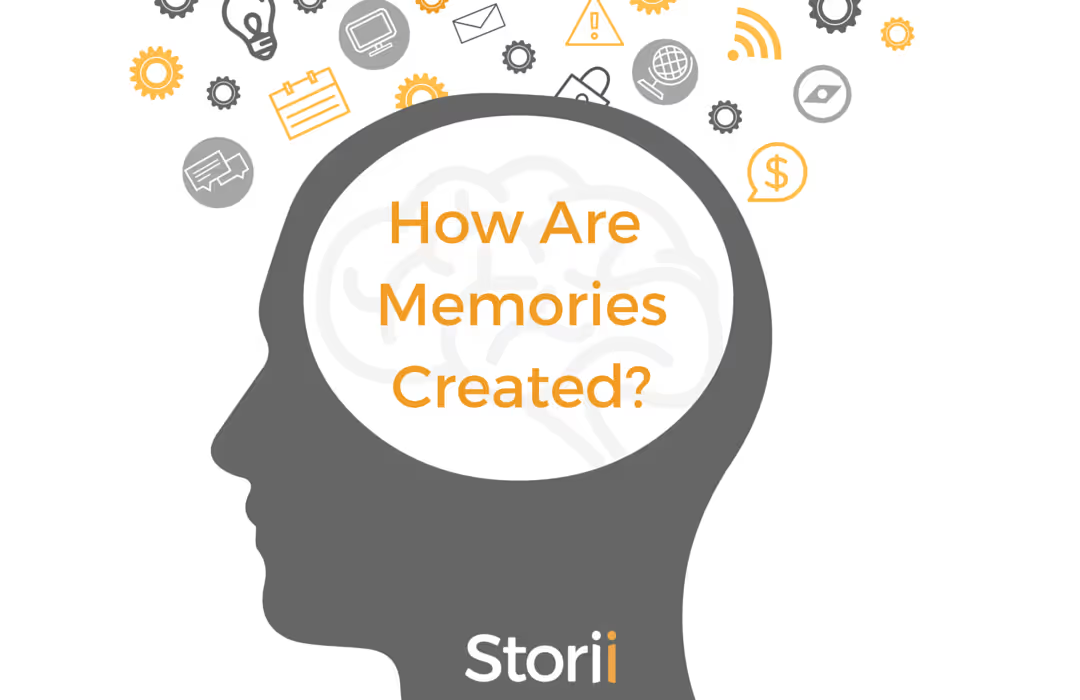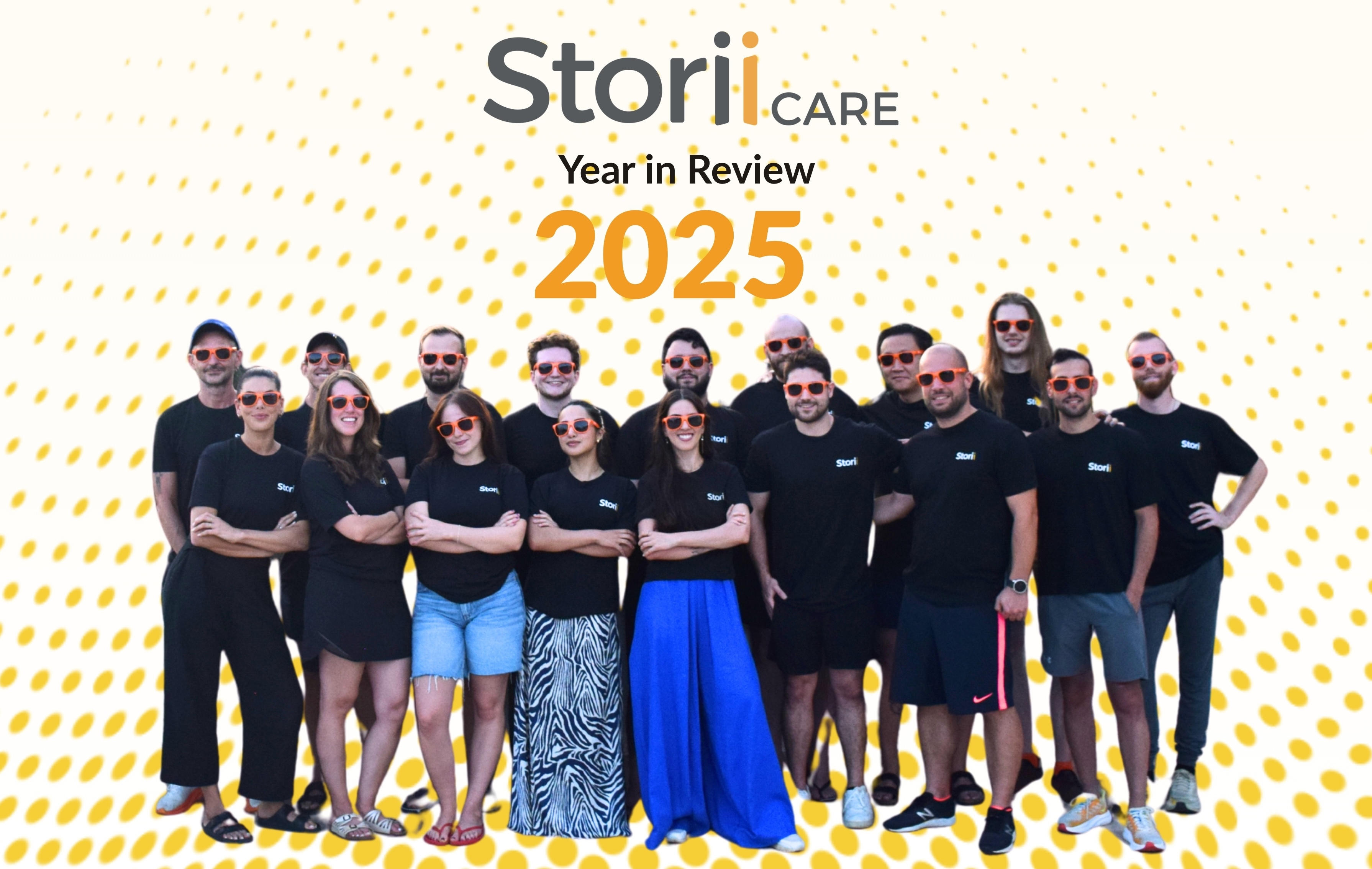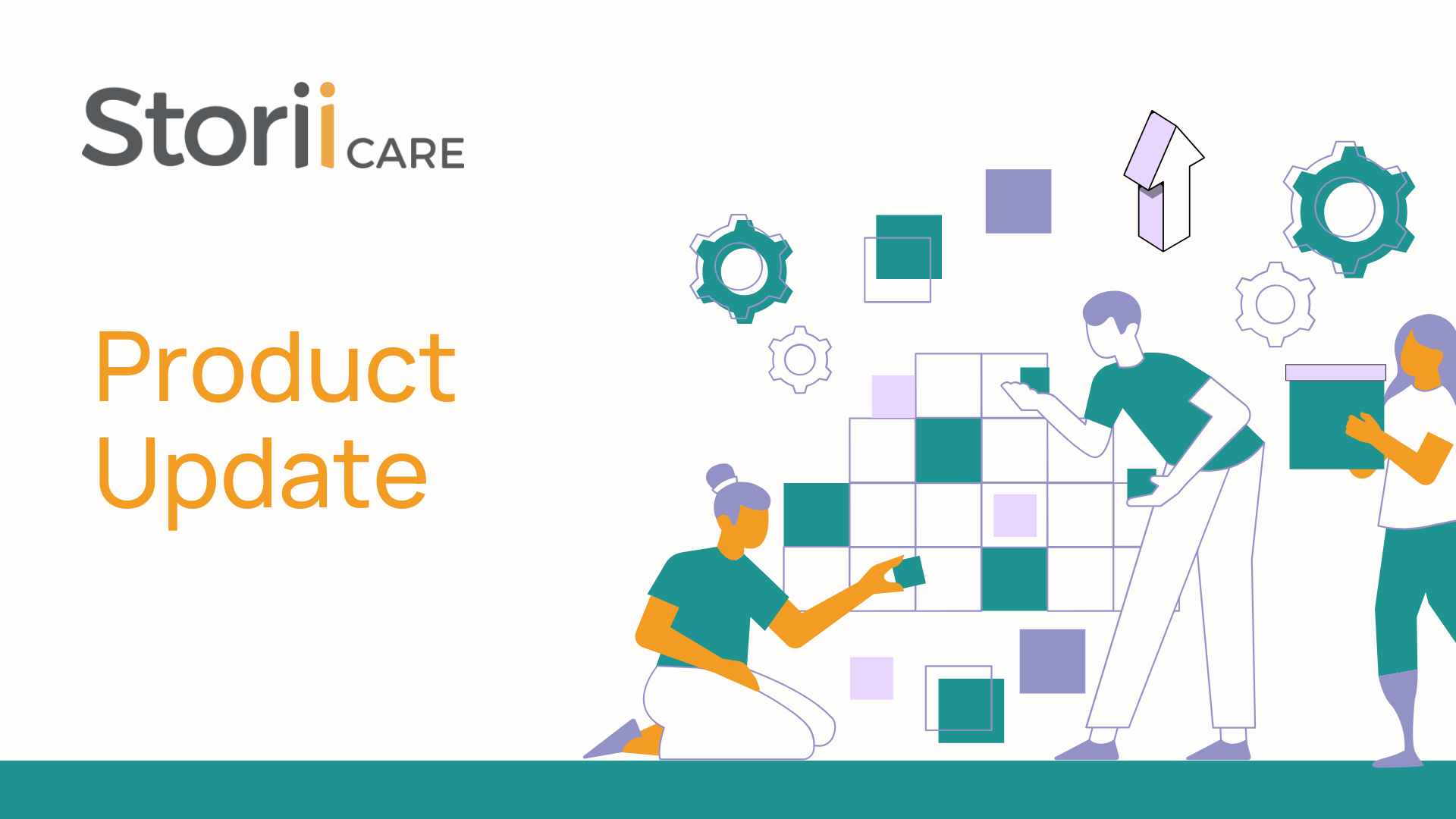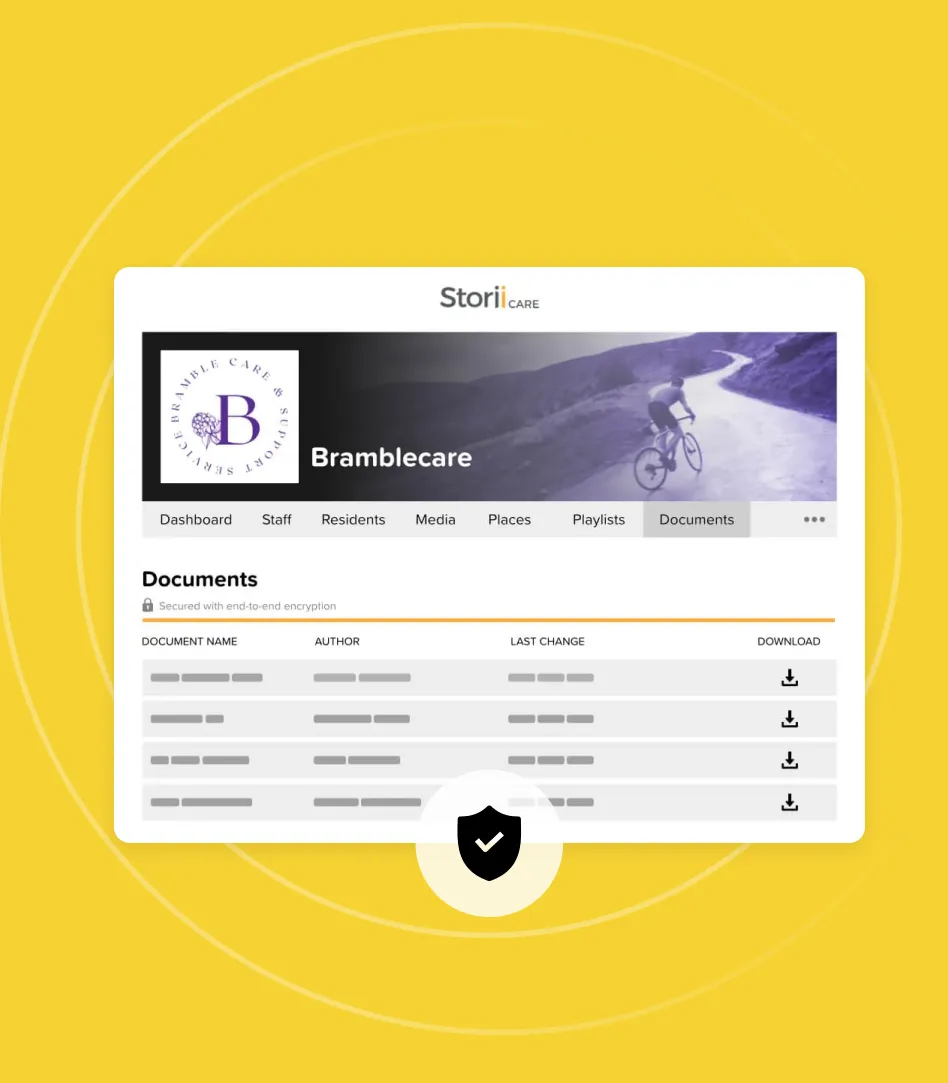How Do We Create Memories?
Reminiscence therapy is commonly used in nursing homes, adult day care, and memory care communities where people living with dementia are cared for. The therapeutic benefits of reminiscence therapy are well documented and researched. For healthcare staff and even family caregivers, it is helpful to understand how memories work. We can define a memories as a recollection of past experiences. The process of how we form new memories is essential to life because without this ability we would never be able to learn anything new! We all have memories but the question is, how are memories created in the brain? Let's find out!

Encoding
The information to form a memory is channelled to the Hippocampus, which is the part of the brain where new memories are formed. First, a memory has to be registered by the brain. Then, it can be encoded into a structure that is recognizable. Therefore, the Hippocampus' job is to combine all the relevant information together and encode it into a new memory. It does this by forming new synapses. This process of encoding begins at birth and occurs continuously throughout one's entire lifetime! Consequently, the Hippocampus is very selective to which memories it encodes. It tends to prioritize experiences that have been rehearsed repeatedly in the short-term memory or those with a strong emotional component.

Storage
Next up, the consolidation stage. This is when a memory is stabilized. Essentially, this step is laying the glue that holds a memory together. The best time for your brain to consolidate all of your memories from the day usually occurs during sleep. Newer memories, once consolidated, are then stored throughout the brain. Memories which are similar tend to stick together (i.e visual memories are near the visual cortex, spoken memories are near the language centers). Did you know human memories are not static? They are constantly in the process of being tweaked and updated based on the information the brain is given.

Retrieval
Retrieval of memory or recall is the step by which the brain re-accesses a memory from the past, one which has previously been encoded and stored within the brain. This is also commonly known as the act of remembering. A memory isn't really a memory until you can actually recall it. That's why the final step is called 'retrieval'. Retrieving a memory is one of the best ways you can boost your memory because every time you remember something, the neural path to that memory gets stronger. The stronger the neural pathway is, the easier it becomes for you to recall it again and again. Therefore, the more often you recall back to a certain memory, the easier it is to relive it.
StoriiCare is provides digital care management solutions for care providers. Our software has a special focus on life story and reminiscence, which makes it a fantastic service for care providers who work with those living with dementia.




.png)












